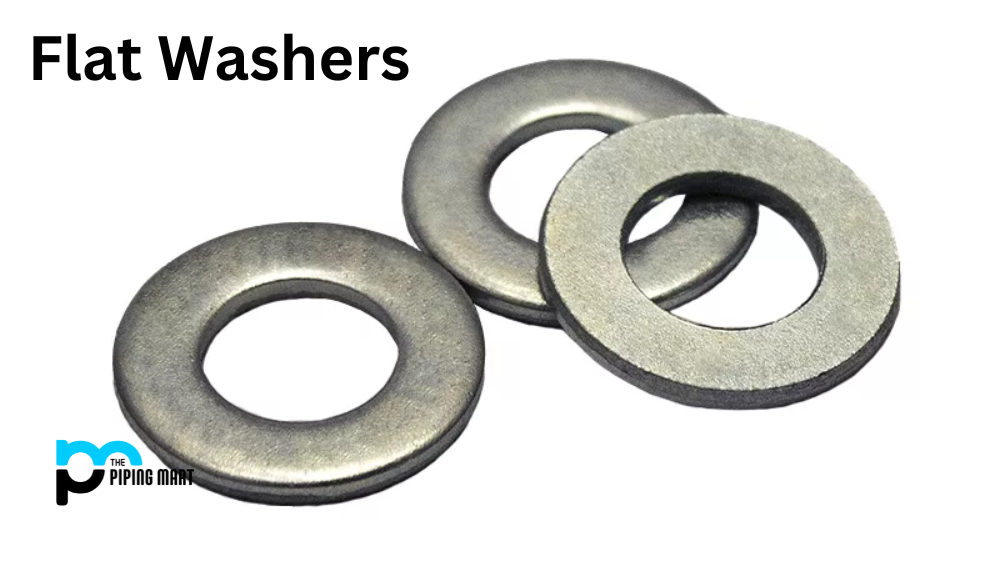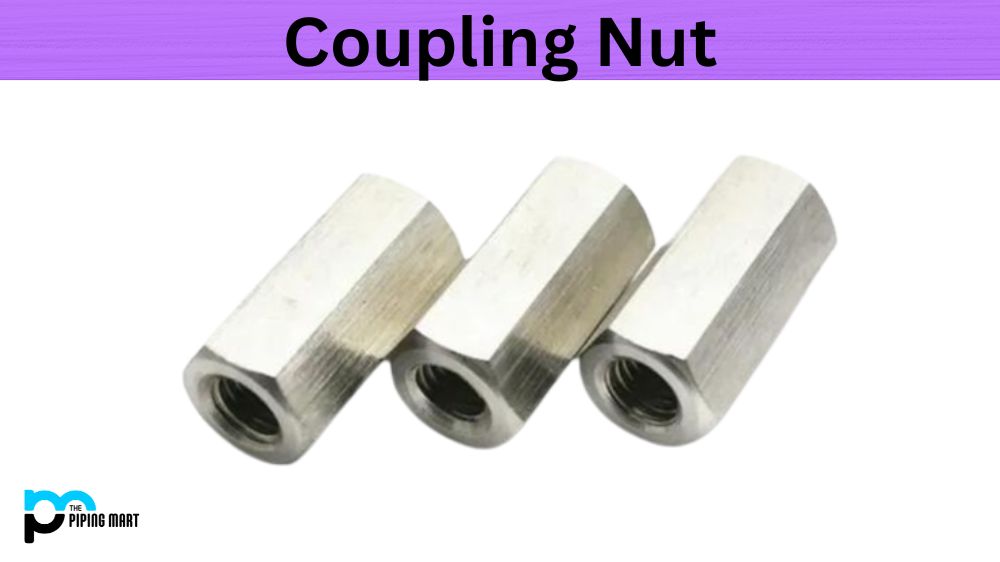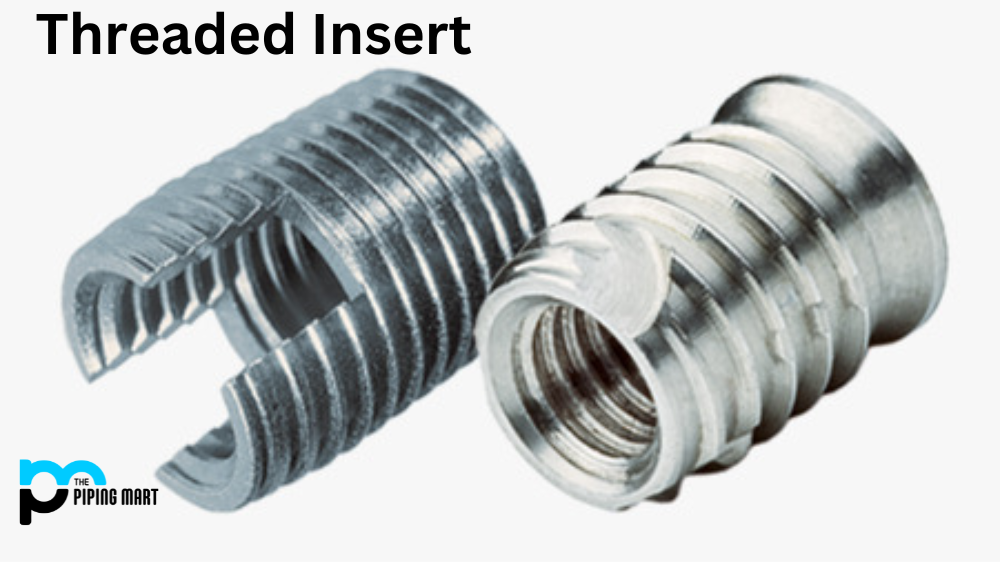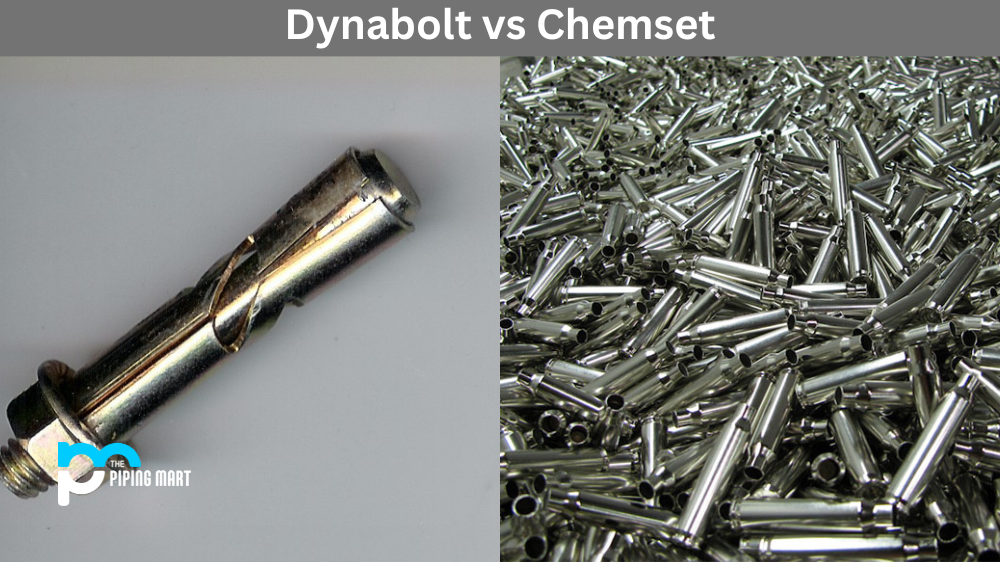Flat washers are simple yet versatile fasteners that provide support and distribute the load of a screw or bolt. They come in various shapes, sizes, and materials. Each type of flat washer is designed to serve a specific purpose, depending on the application, the fastener it’s paired with, and the project’s requirements. This post will discuss the different types of flat washers and their uses.
Types of Flat Washers and Their Uses
Plain Flat Washers:
Plain flat washers, also known as standard washers, are the most common type of flat washers. They have a simple circular shape with a centrally located hole and a smooth surface. Plain washers distribute a load or force evenly, prevent damage to the surface, and reduce friction between the fastener and the surface. Depending on the application, they can be made from various materials, such as steel, brass, aluminium, plastic, or rubber.
Fender Washers:
Fender washers are flat washers with larger outer and smaller inner diameters. They are used in automotive and construction projects that require a larger bearing surface. Fender washers can help distribute load and prevent pull-through, especially for thin materials like sheet metal or fiberglass. They are often made of stainless steel or zinc-plated steel.
Dished Washers:
Dished washers are circular washers with a shallow concave shape. They are often used in conjunction with bolts or screws for anchoring metal sheets. The concave shape helps the washer align to the surface curve, creating more extensive contact between the surface and the washer. Dished washers also act as spacers, protecting surfaces from damage by distributing loads evenly. They are ideal for use in construction and engineering applications.
C-Washers:
C-washers are shaped like a “C” and have a slightly tapered surface to provide an even load distribution. They are often used in applications where the bolt head or nut needs to be flushed or countersunk. C-washers are perfect for mounting electrical boxes and switchgear because they prevent screw heads or nuts from interfering with the intended purpose of the mounted object.
Split Lock Washers:
Split lock washers, also known as helical spring washers, are flat washers with a split at one point and are bent into a helical shape. The split helps to apply pressure to the bolt or screw and prevents it from loosening due to vibration or shock. Split lock washers are commonly used in automotive, electrical, or plumbing applications. They come in various materials like steel, stainless steel, and bronze.
Wave Washers:
Wave washers are flat washers with a wavy or spring-like shape. They are designed to provide a pre-loading tension, compensate for thermal expansion, and provide damping from vibration or shock. Wave washers are often used in automotive suspension systems, electrical connections, and bearing assemblies. They can be made of stainless steel or phosphor bronze.
Spring Washers:
Spring washers are circular washers that have a conical and uneven shape. They provide pressure on the fastener, which helps to prevent loosening under vibration or tension. Spring washers are ideal for applications where frequent wear and tear, such as shock loading and thermal cycling, is likely to happen. They are commonly used in automobiles, aircraft, and other transportation equipment.
Square Plate Washers:
Square plate washers are flat washers with a square hole in the center and a larger outer diameter than a standard washer. They are commonly used in timber construction to prevent bolts or screws from sinking into the wood and to distribute the load over a wider area. Square plate washers can be made of hot-dip galvanized steel or stainless steel.
Conclusion:
In conclusion, understanding the different types of flat washers and their uses is essential to ensure the success and safety of any project. Choosing the right washer can increase the efficiency, durability, and reliability of the fastening system and prevent any damage or failure due to improper use. Whether you need a plain washer, fender washer, split lock washer, wave washer, or square plate washer, select the appropriate one for your application. Lastly, always consult experts for the best advice on fastening techniques and products that meet the standards of your project.
Sakshee is a talented blogger, with a particular focus on the Business and Metal Industry. She is passionate about sharing her insights on various metal products and helping professionals to make a better decisions.




